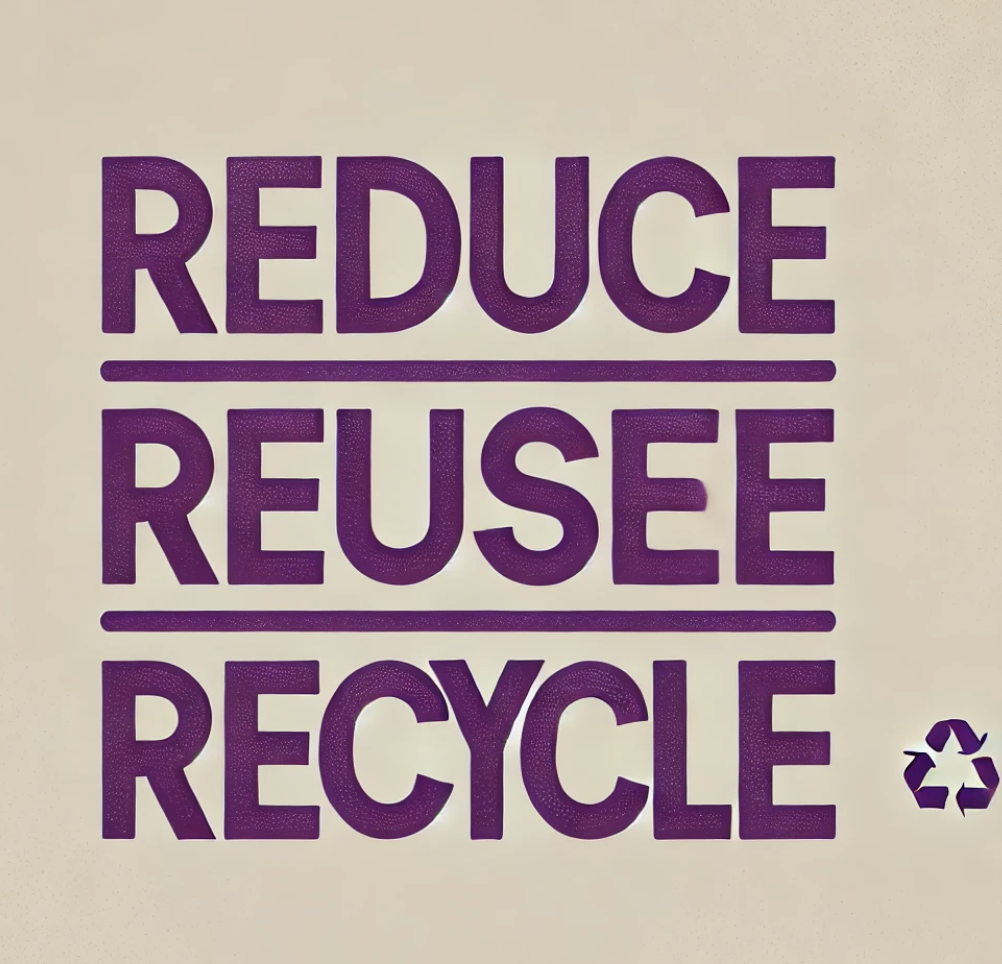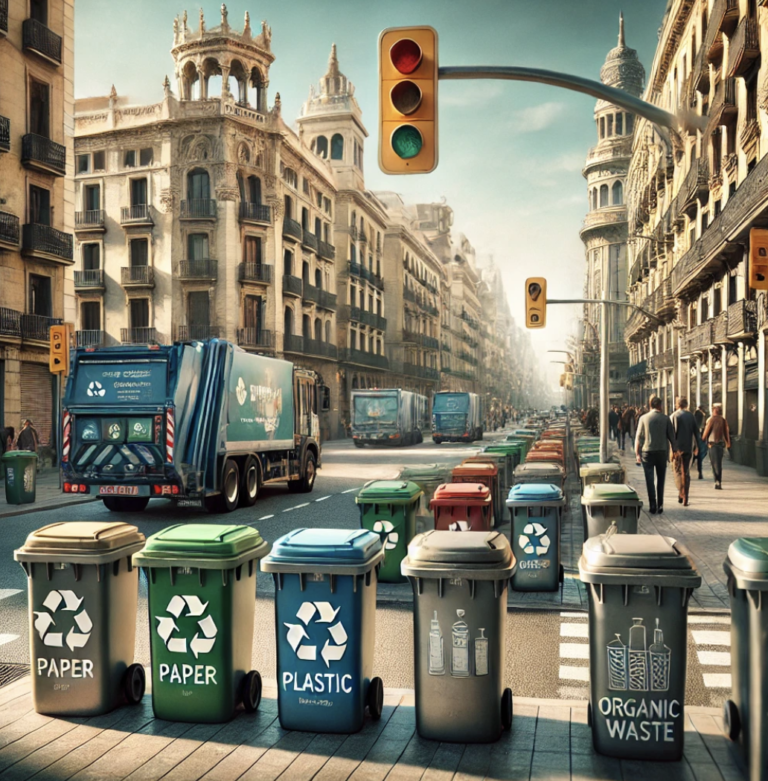Abstract
This article explores the environmental, social, and economic impacts of Barcelona’s waste collection system, while also addressing the challenges and future prospects. It focuses on the system’s benefits and outlines strategies to achieve further progress toward a zero-waste future.
1. Introduction
As Barcelona continues to grow as a global tourist destination and urban center, its waste management system plays a crucial role in maintaining environmental quality and public health. This article examines the broader impacts of the city’s waste collection practices and outlines strategic directions for future improvement.
2. Environmental and Social Impact
2.1 Environmental Benefits
- Reduction in Landfill Usage: Enhanced recycling and selective collection have led to a significant decline in landfill waste, contributing to lower greenhouse gas emissions.
- Improved Urban Aesthetics: Effective waste management supports cleaner streets, parks, and waterways, thereby preserving the city’s natural beauty.
- Resource Recovery: The integration of circular economy principles ensures that recovered materials are reused, reducing the environmental footprint of new production.
2.2 Social and Economic Dimensions
- Quality of Life: Efficient waste collection improves public health and enhances the living environment for residents.
- Job Creation: The waste management sector has generated employment opportunities, from recycling centers to digital monitoring services.
- Public Awareness: Educational initiatives and digital engagement have raised awareness about sustainable waste practices among residents and visitors.
3. Challenges and Future Directions
3.1 Ongoing Challenges
- High Waste Generation: With the combined pressures of urban growth and tourism, ongoing efforts are required to manage increased waste volumes.
- Public Engagement: Continuous educational efforts are necessary to maintain high participation in recycling programs.
- Integration of Informal Sectors: Bridging gaps with informal waste collectors remains a key challenge for a fully integrated system.
3.2 Future Prospects and Policy Recommendations
- Enhanced Digital Infrastructure: Further expansion of smart technologies will optimize operations and improve data-driven decision-making.
- Regulatory Innovations: Strengthening policies on waste production and improving incentives for waste reduction will be essential.
- Sustainable Partnerships: Closer collaboration between government, private enterprises, and community groups will drive innovation and investment.
- Zero Waste Vision: Ongoing commitment to a zero-waste strategy requires a cultural shift toward minimal waste generation, supported by continuous improvement in collection and recycling processes.
4. Conclusion
Barcelona’s waste collection system has already achieved notable environmental and social benefits. However, addressing existing challenges through enhanced technology, robust policy measures, and community engagement will be key to realizing a truly sustainable, zero-waste future. The city’s ongoing efforts serve as a promising blueprint for urban sustainability on a global scale.




